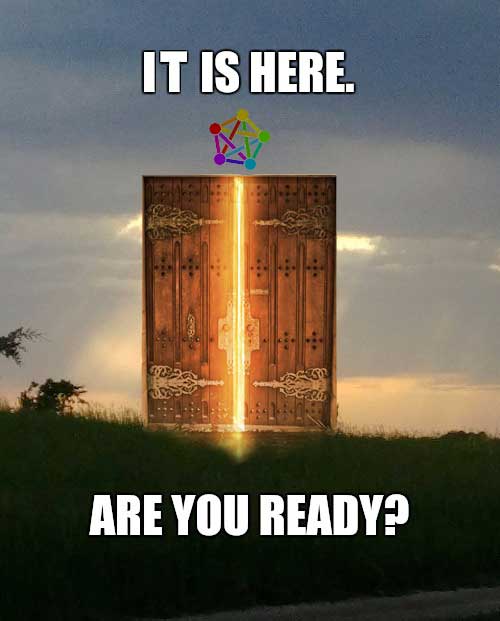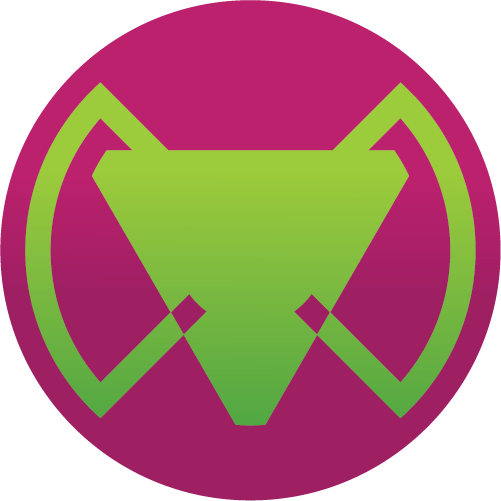I am considering using a Fire tablet and a Chromebook and would like to know what OS I need to access the Fediverse suite of apps.
Is the Fediverse accessible as part of the Amazon and Google suite of apps?
Would I be able to access it on the Web anywhere no matter what device?
I intend to use the Fediverse everywhere if possible no matter what device I may acquire.
Most Fediverse stuff has web front ends so that any modern browser will work.
My concern would be that Chrome is about to neuter ad blockers, and you can’t use a different browser without replacing the OS.
Both are also heavily privacy destroying.
Based on this Chromebooks can run Firefox flatpaks.
Ah, it’s been a while since I used ChromeOS. Looks like Flatpak was founded about the time I stopped.
Since most of the fediverse is run by volunteers, blocking ads isn’t much of a concern.
Though I do agree with the sentiment and I love Firefox + uBlock Origin on my phone.
deleted by creator
Ah, it’s been a while since I stopped using ChromeOS. That’s an improvement.
You can’t easily run the normal version. You can install the android version fairly easily, but running the normal version requires you to enable a debian container from developer options
deleted by creator
You don’t need any app at all to access it. Apps are just frontends (user interfaces) to access the information submitted to the Fediverse.
For many Fediverse users, Mastodon is an app. The whole of Mastodon is one app. Mastodon the server application and Mastodon the official phone app are united in one big murky monolith.
The Fediverse is not an app in itself, but rather a collective term for all the services that integrate themselves with the ActivityPub protocol for federation.
This just means all the apps that talk to each other in a specific way.
Now, I don’t know anything about Chromebooks or Fire Tablets, but to use Android as an example; I use the app ‘Interstellar’ to use Mbin. Mbin uses ActivityPub, and therefore is part of the fediverse. Also, I use Moshidon to login to my Iceshrimp.NET account. Iceshrimp also uses ActivityPub and therefore is also a Fediverse service even though it is completely different to Mbin, and I can’t log in to Iceshrimp with Interstellar and vice versa.
If you want to find apps for the Fediverse you should look at the websites and source code repositories’ readme’s to find information about clients. E.G. For Mastodon clients you can check https://joinmastodon.org/apps
Also, if there are no apps for your platform, almost all services let you just use the browser. Like if you have a Mastodon account on https://defcon.social/ you can just open that link in Firefox. Good luck :)
You’re doing it right now!
The Fediverse is both everywhere and nowhere. aaaaaaaaaaaaaaaaaaahhhh!
There are portals scattered throughout the land which will only respond to the presence of the sacred fedstones. Once you’ve gathered all of the fedstones, lay them out before a portal and step through. Only those brave enough leave our realm know what secrets the great Fediverse holds.
You’re on it now, bud. It’s here, you’re in it. Welcome!
Neither Amazon nor Google are not part of the Fediverse. If you use their suites of software, you’ll be part of their non-federated, closed systems.
Lemmy, Mastodon, Pixelfed, Threads, and many, many others are Federated, but not the big corporate entities… Except Threads, stretching out from Meta’s own little digital fiefdom.
The Fediverse is not one enclosed, unified entity under one centralised rule.
It’s a common misconception that “the Fediverse” is a network platform created by whomever, usually Eugen Rochko. And Mastodon, Lemmy, Misskey, Friendica, Pixelfed, PeerTube etc. are Web UIs for the Fediverse, and Mona, IceCubes, Tusky, Fedilab etc. are mobile UIs for the Fediverse which mimic the functionality of certain Web UIs.
This is complete non-sense. None of this is true.
Instead, the Fediverse is a patchwork of many different things that work together by speaking common languages. And with “work together”, I mean “work together ever so barely” in many cases. Mastodon and Lemmy are not different clients for the same server thing. They connect, but they can hardly interact.
These “apps” aren’t client apps. They’re server applications. They provide a whole slew of very very different server backends.
There is no “Fediverse suite of apps” either. Just about everything in the Fediverse is developed and offered separately from one another.
Mastodon, in particular, ignores the whole rest of the Fediverse and tries to present itself to its users and Fediverse novices as “the Fediverse”. And when Mastodon users discover that Mastodon is, in fact, not “the Fediverse”, Mastodon makes them believe that everything that doesn’t work exactly like Mastodon is broken.
Oh, and no, Eugen Rochko didn’t invent the Fediverse. Evan Prodromou did. In 2008. That was when he took his recently launched Twitter alternative Identi.ca, open-sourced its technology under the name Laconi.ca (later StatusNet, now part of GNU social) and laid its protocol open under the name OpenMicroBlogging (now OStatus).
The Fediverse consisting of multiple different kinds of interacting servers came to exist in 2010 when Mike Macgirvin launched his Facebook alternative named Mistpark (now Friendica). He built it on top of a whole new protocol, but he gave it the ability to speak OpenMicroBlogging as well, thus connecting it to StatusNet. One key feature of Friendica is still to be able to connect to everything that moves and then some.
Mastodon was built on top of OStatus, too. But the intention was not to connect it to already-existing StatusNet, Friendica, Hubzilla (a much more powerful Friendica fork by Mike Macgirvin himself) and Pleroma (which had started out as an alternative UI for StatusNet). The idea was rather that using an already existing protocol was easier for a young and barely experienced coder than designing an all-new protocol from scratch. Mastodon never intended to be interoperable with anything else.
Even when Mastodon introduced ActivityPub as early as September, 2017, it was not to be able to interact with Hubzilla which had it first, two months earlier. By the way, ActivityPub is another one of Evan Prodromou’s creations, but this time, he wasn’t alone.
The idea behind Lemmy seemed to be similar: Build a Reddit clone, but without the hassle of designing a brand-new communication protocol. The difference was that Mastodon was already quite well-known when Lemmy was launched. When Mastodon was launched, StatusNet was considered dead after its only really known instance, Identi.ca had switched from OStatus to pump.io. As for Friendica, Hubzilla and Pleroma, nobody knew they existed, much less that they spoke OStatus. OStatus was there, ready to use, but to most people who came across it, it felt unused. So I guess that when Eugen Rochko created Mastodon, he unironically and sincerely believed that he was now the only one using this protocol, nobody else ever would again, and Mastodon would only ever connect to itself. Mastodon’s whole very concept is to be a “federated walled garden”, decentralised on the inside, but not letting anything else connect.
While there aren’t any apps pre installed, you can always use the website of the instance or a web front end. Check out join lemmy or join mastodon to see if there are apps for your OS, but since both devices you mentioned support android apps there should be plenty of options
Can I access mastodon with my lemmy account?
No, you need an account on mastodon or another microblog platform
I just plugged in my Fire TV and tried running urusai.social on the default browser (Amazon Silk) installed in there. It’s not the best experience, but you can certainly use Mastodon, Misskey, Piefed etc. Also, you can install APK files in Fire TV. And I assume these will work on a Fire Tablet as well.

First, say goodbye to any hope of privacy.
Second, the entire Fediverse is pretty much web-based.
There’s also a lot of great clients you can use as well. I use the ones on f-droid because open source.













